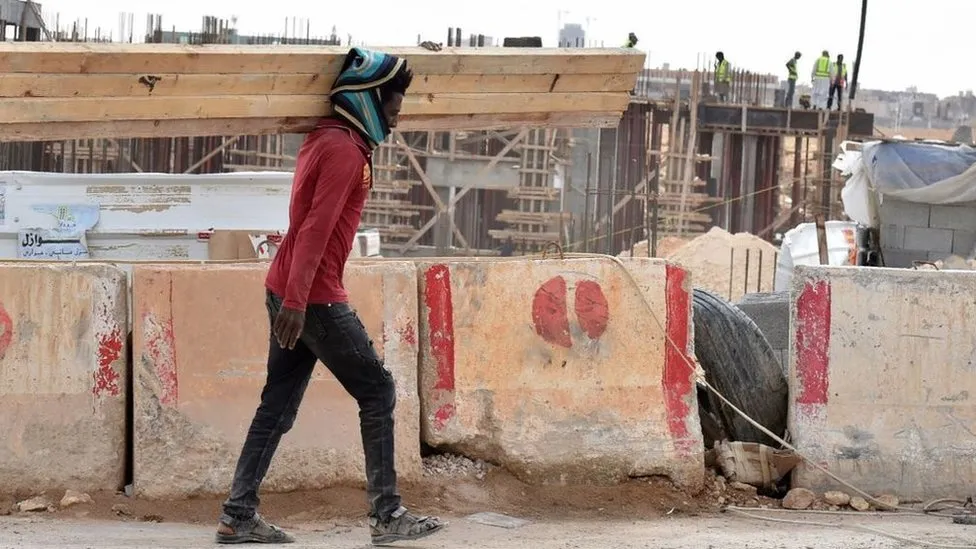In the 1950s, several Middle Eastern nations began facilitating a significant influx of foreign laborers through the introduction of the kafala system. This sponsorship framework intricately defines the relationship between foreign workers and their local sponsors, commonly known as kafeel, who typically assume the role of employers. Currently, the kafala system is extensively used in Gulf Cooperation Council (GCC) countries as they require cost-effective labor. Under this framework, the state issues sponsorship permits to local individuals or entities, granting them the authority to engage foreign laborers for employment.
Nonetheless, the lack of adequate regulations and protections for migrant workers often leads to low wages, substandard working conditions, and instances of mistreatment by employers. These issues have led some to criticize the system as a form of modern-day slavery, as they stem from the power imbalance between sponsors and workers, which is often compounded by additional problems such as racial discrimination and gender-based violence.
Within the Saudi Arabian context, despite recent reform, the kafala system persists. The Kingdom heavily relies on migrant labor, and over 6.3 million migrants comprise more than 80% of the private sector workforce. Due to this dependence, migrant workers face various challenges, such as passport confiscation and wage delays, resembling conditions akin to forced labor.
In 2019, BBC News Arabic uncovered a covert online slave market operating across multiple GCC countries. This situation exposed the disturbing practice of illegally buying and selling domestic workers. Many women were being traded on platforms like Haraj and Instagram, the latter being owned by Facebook. Equally concerning are the consistent reports of abuse and exploitation, outlining the conditions faced by thousands of ethnic Tigrayan individuals who were deported from Saudi Arabia to Ethiopia between December 2020 and September 2021. People interviewed shared details about the terrible conditions in both formal and informal detention centers in Saudi Arabian cities like Abha, Hadda, Jizan, and Jeddah.
Migrant domestic workers employed in Saudi Arabia have endured a range of abuses, including physical, mental, and sexual exploitation, excessively long working hours, wage withholding, passport retention, and denial of essential necessities such as food, rest, and medical care. It is essential to acknowledge that maltreatment is not limited to private homes; recruitment agencies are also responsible for such practices.
In March 2021, the Ministry of Human Resources and Social Development introduced reforms to mitigate some of the system’s burdens. These changes now allow migrant workers to leave the country or switch jobs without their employer’s consent, provided that they meet specific conditions. However, it is important to note that these reforms do not include domestic workers. Under the updated provisions, migrant workers can change jobs after completing their contracts. Additionally, they can switch jobs during the validity of their contracts as long as they inform their employers within a specified timeframe.
Nevertheless, despite Saudi Arabia’s commitment to dismantling the kafala system during its third UPR cycle, the reforms failed to produce the intended results and did not abolish the system. The European Centre for Democracy and Human Rights (ECDHR) recognizes the inadequacy of these reforms and urgently calls for the dismantling of the kafala system. This involves ensuring, through both law and practice, that all migrant workers have the freedom to leave the country and change jobs without requiring permission or approval from their current employers.

